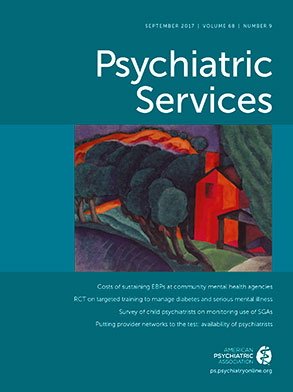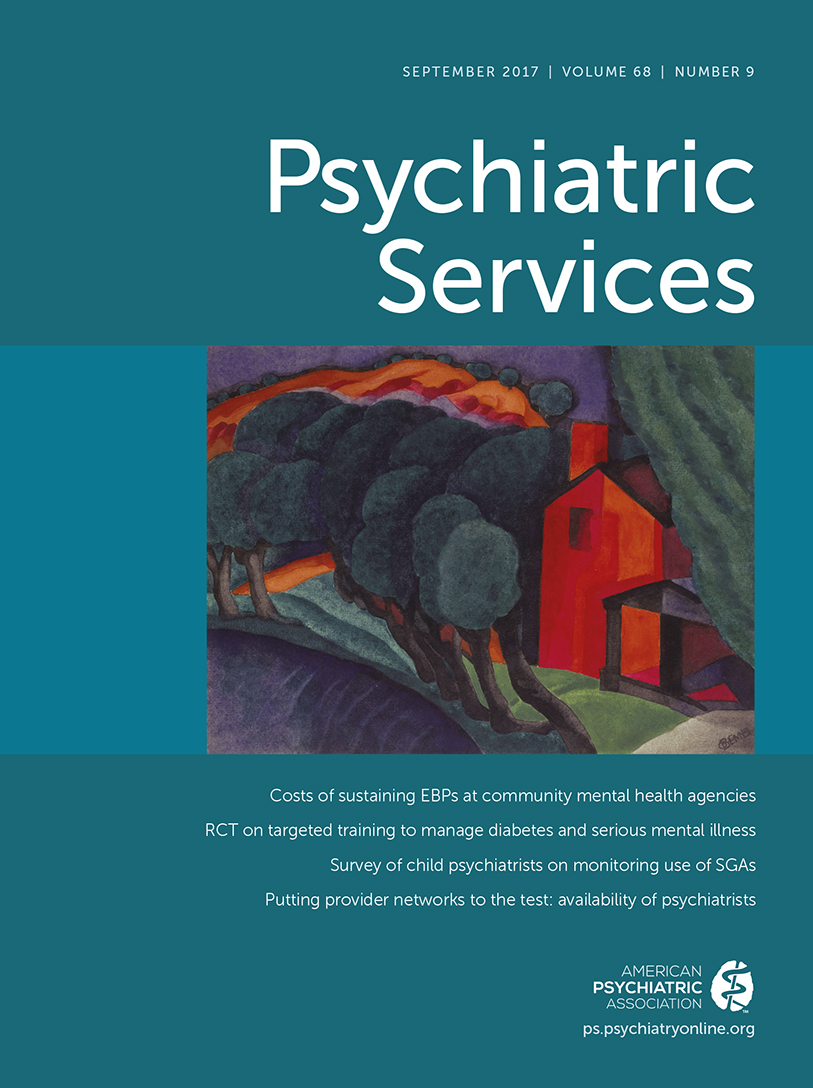IN REPLY: Dr. Kanofsky et al. propose that part of the reduction in cost-offset for current assertive community treatment (ACT) compared with usual care is the progressive broadening of ACT admission criteria to focus more on people with co-occurring mental and substance use disorders, in addition to the reasons we cited, such as shorter hospital stays, fidelity drift, and the widespread implementation of intensive case management. The authors cite their personal experience, with one-fifth of their team falling into this category of co-occurring disorders and the relative difficulty in curbing substance use in this population, aptly noting that rates of active substance use among ACT recipients has been shown to grow over time in some studies.
Measuring and studying active substance use is challenging, and with a shift toward harm-reduction approaches, active substance use may not be a fair proxy of full cost to a community or the overall well-being of the person enrolled in ACT. Substance use disorders are often chronic conditions highly prevalent among the ACT population and responsible for much of the variation in outcomes and clinical stability over time. It is hard to imagine more intensive programs than integrated ACT for persons with serious mental illness and co-occurring conditions that would be better suited to deliver a comprehensive suite of services to this population. Furthermore, delivering consistent and high-quality substance abuse treatment services is challenging even among highly skilled professionals if there is not consistent monitoring or attention. Over time, ACT team staff can grow demoralized and complacent and lose creativity when working with some individuals, which may further complicate full recovery. While possibly responsible for some dilution of the return on investment for ACT services, it is equally possible that ACT saves more money for these relatively complex cases and that substance abuse treatment services within ACT should be given more overt emphasis and attention. I agree with the comment that more study is needed in this area, because many questions remain unanswered about the optimal service delivery system for the complex needs of people with co-occurring disorders.
The authors also describe their positive experience in identifying and treating medical conditions within an ACT team, which is in line with our experience as well. As I and my colleagues have argued, ACT is an overlooked service delivery gem with great opportunity for integration of multiple services, including general health care. Over time, ACT has shown itself to be an adaptable service delivery platform capable of addressing many of the holistic needs of persons qualifying for its services. In an era of integrated care, health care reform, health homes and the like, it should be dusted off, polished up, and allowed to shine.

